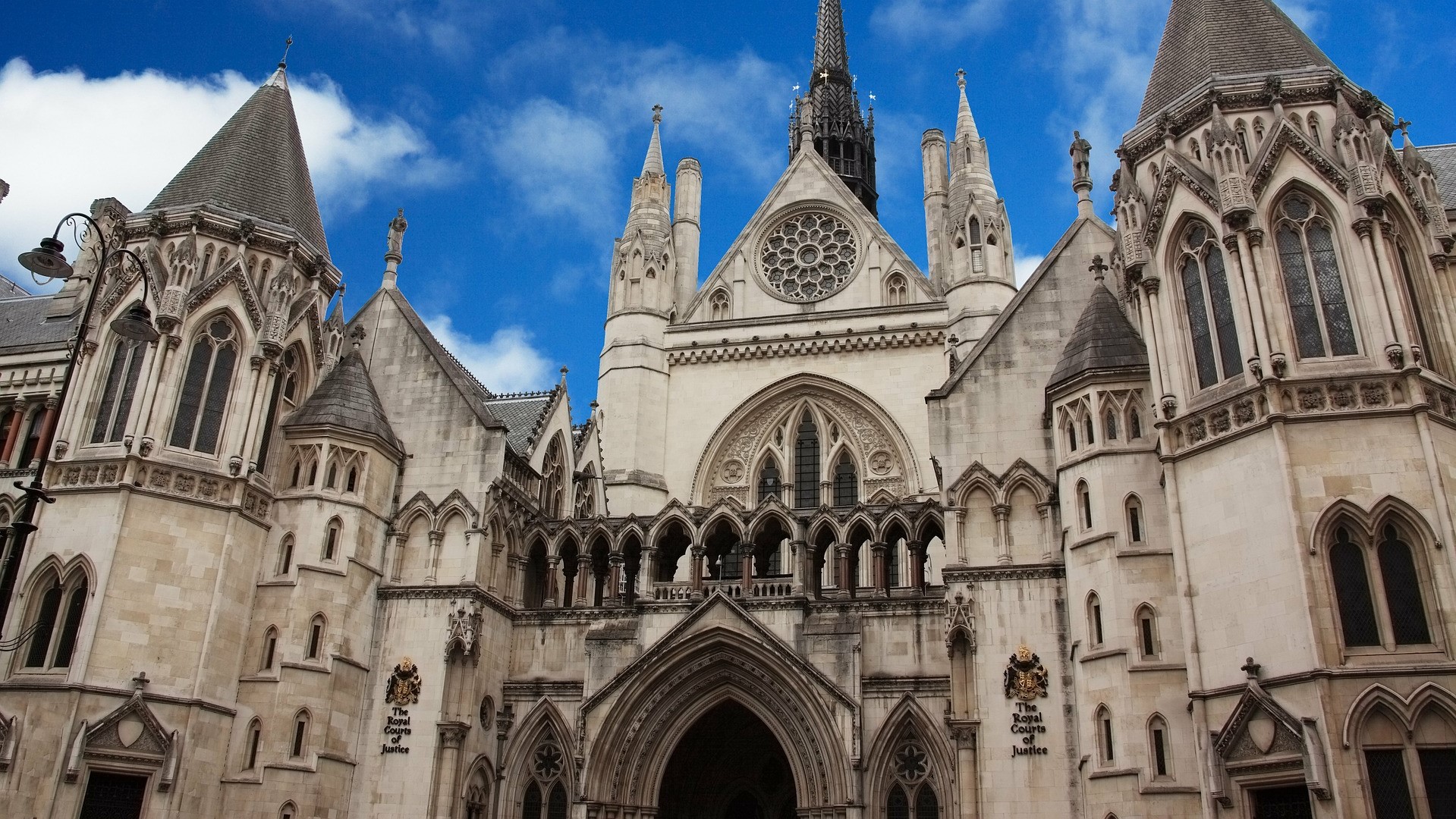Terminating Rulings

Terminating Rulings – The Prosecution’s Right To Appeal
When a judge makes a ruling at a crown court trial relating to one or more of the offences faced, the prosecution may have a right to appeal against that ruling.
The right to appeal against a terminating ruling is strictly conditional upon certain procedures being followed.
The right to appeal requires the prosecution to agree that the defendant should be acquitted if the appeal fails. The prosecution must give an “acquittal undertaking” at the time they ask the court to grant leave to appeal.
What sort of rulings?
A ruling includes a decision, determination, direction, finding, notice, order, refusal, rejection or requirement. A ruling could be a refusal to grant a prosecution adjournment or a finding of no case to answer, for example.
The right of appeal does not extend to a ruling in which charges are dismissed which have been sent for trial from the magistrates’ court under section 51 of the Crime and Disorder Act 1998.
What procedures have to be followed to appeal?
There is no specified mechanism by which the prosecution must notify the court of an intention to appeal. It could be done orally in court, or by email. The requirement is for the prosecution to either inform the court of the intention to appeal, or to request an adjournment to consider whether to appeal.
The case of R v C & D in 2017 underlined the importance of strict compliance with the requirements. In this case, the court concluded that it did not have jurisdiction to determine the appeal as the acquittal undertaking had not been given.
Examples
In the case of Sanyaki, the trial judge ruled that there was a break in the chain of causation in a case of causing death by dangerous driving. The Court of Appeal held that his judgment was wrong, and the case was returned to the Crown Court for a fresh trial.
Berlinah Wallace was charged with murder and applying a corrosive substance with intent. Her victim was seriously injured in an acid attack and went on to end his life in an assisted suicide. The trial judge found the victim’s choice and the doctor’s action disconnected his death from the activity which caused the injury. The Court of Appeal allowed the appeal against the terminating ruling and a new trial was ordered.
In the case of D & C, an application to amend the indictment by the prosecution was refused, and the judge ruled there was no case to answer. The applications for leave to appeal failed.
The crucial point to remember is that a favourable result before the crown court may in some cases be challenged by the prosecution. This can lead to further delay and uncertainty. Be assured however that we are alive to the important procedural aspects that need to be followed and will not hesitate to argue that the Court of Appeal lacks jurisdiction. Where a challenge is allowed to proceed we will of course ensure that competing arguments are presented to the court.
How We Can Help
As specialist – award-winning – criminal defence solicitors we are experts in dealing with cases where the prosecution exercise their right to appeal. Please don’t hesitate to call us on 0161 477 1121 or email us for more details.


